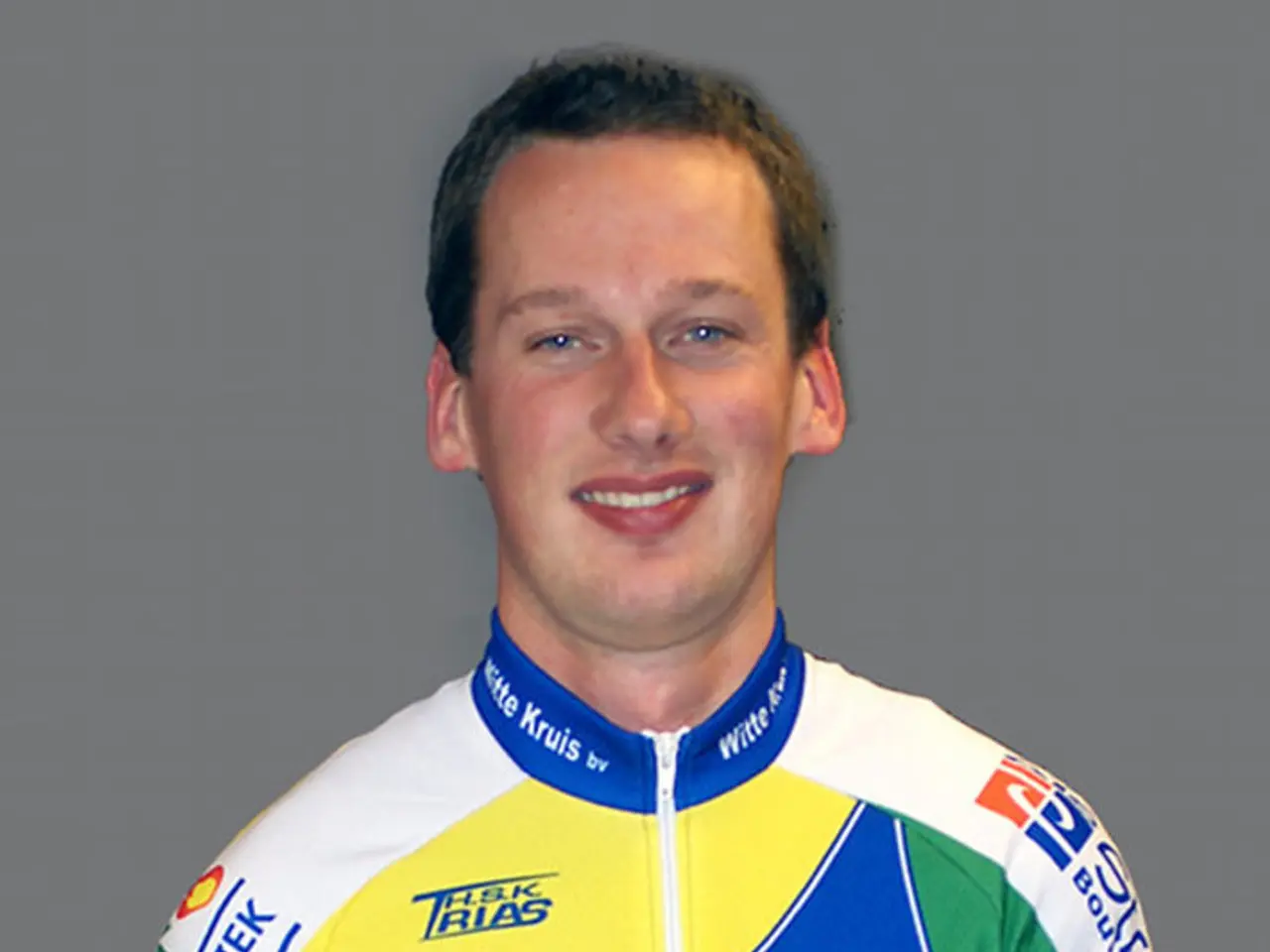Struggles and calamities behind the scenes: the hidden side of triumph for Kazakh sports champions
=========================================================================
In the world of sports, Kazakhstan has produced some remarkable champions who have brought glory to the nation. However, after hanging up their athletic gear, many of these athletes face financial struggles and career transitions that are far from smooth.
Sergei Filimonov, a heavyweight lifter who won multiple championships in Kazakhstan and international competitions, including a silver medal at the 2004 Olympic Games in Athens, had his career ended prematurely in 2005 following a car accident. The accident not only impacted his athletic career but also his personal life, leaving him struggling with alcohol and eventually leading to isolation from friends and family. Despite the setbacks, Filimonov found a new path and started his own car repair business.
Aysara Kerimbekova, an international-class sambo master who won two world championship silvers and an Asian championship in 1992, is currently working as a janitor at 60 due to financial struggles after retiring from sports. Her story is a stark reminder of the challenges faced by many retired Kazakhstani athletes.
Linder, a weightlifter who won the Asian championship in 2017 and the Universiade, as well as multiple medals at the world youth championships and the Asian championship at the junior level, retired in 2018. However, his retirement was preceded by a tragic end, as he took his own life at the age of 25 in 2021. His family blamed the national team coaches for creating a toxic atmosphere that led to his departure from the sport.
Erkebulan Shynaliyev, a boxer who won the bronze medal at the 2008 Olympics, also disappeared from the public eye after a promising performance. According to his coach, he became lazy and broke the training regime. In an interview, Shynaliyev expressed confusion about being "kept away from sport" and not understanding what he did wrong.
The state provides lifelong monthly support for distinguished athletes and their coaches in Kazakhstan, with the amount being increased to over 390,000 tenge per month since 2022. However, only 187 people receive this lifelong support, despite significant international sporting achievements.
Maria Grabovetskaya, another weightlifting star who won several international competitions, including the Asian Games in 2010 and 2014, the World Championships silver medal, and the 2008 Olympics bronze medal, faced a doping scandal in 2016. As a result, the International Olympic Committee annulled her Olympic result. Grabovetskaya now works in the Department of Police of Akmolinskaya Oblast since 2007.
These cases highlight the challenges faced by retired Kazakhstani athletes. Many dedicate their youth solely to sports, often without gaining vocational skills or education that can help in other careers. Moreover, in Kazakhstan and similar post-Soviet systems, sports funding and athlete support during their active years tend to be state-based and modest, with limited retirement provisions or pension systems for athletes. This results in financial instability once their competitive careers end.
Other factors contributing to these struggles include inadequate post-retirement support programs, low salaries and lack of lucrative endorsements during career, limited transfer of skills or education, and limited job market integration.
In an effort to address these issues, the relevant ministry proposed in May 2025 to abolish the restriction that a sportsman receives payment based on their highest achievement, which could positively affect many athletes' financial situations.
References:
[1] Karpova, E. (2018). Post-Soviet Sports: A Sociological Approach. Routledge.
- The world of sports houses champions who bring glory, showcasing Kazakhstan's potential.
- Athletes' financial struggles post-career are not exclusive to Kazakhstan.
- Sergei Filimonov, a heavyweight lifter, faced finances struggles after a car accident.
- Alcohol and isolation were the results of Filimonov's struggles, but he found a new path in business.
- Aysara Kerimbekova, an international-class sambo master, is now working as a janitor due to financial struggles.
- Linder, a weightlifter who took his own life, faced a toxic atmosphere in the national team.
- Erkebulan Shynaliyev, a boxer who won a bronze at the 2008 Olympics, disappeared from public life due to perceived laziness and broken training regime.
- The state offers lifelong monthly support to distinguished athletes, with increased amounts since 2022.
- However, only 187 people receive this support despite significant international sporting achievements.
- Maria Grabovetskaya, a weightlifting star, faced a doping scandal and now works in police force.
- Many athletes dedicate their youth solely to sports without vocational skills or education.
- Post-Soviet systems often provide modest, state-based funding and athlete support.
- Retirement provisions are limited, leading to financial instability after careers end.
- Inadequate post-retirement support programs, low salaries, and lack of endorsements also contribute to challenges.
- Limited transfer of skills, education, and job market integration further exacerbate athletes' struggles.
- Making payments based on highest achievement a thing of the past could improve athletes' financial situations.
- Regarding the proposed change, this initiative may positively affect many athletes' financial situations.
- The struggle of retired Kazakhstani athletes emphasizes the need for better post-career support.
- Proper education, vocational skills, and adequate financial support during and after careers are vital.
- Enforcing responsible gambling could prevent tragedies similar to Linder's.
- Personal growth in post-athletic life is an essential aspect, as demonstrated by Filimonov.
- The entertainment industry offers opportunities for athletes' career transitions, including movies, TV, and music.
- Career development and self-development can provide alternative paths for athletes after sports.
- Public figures such as celebrities, politicians, and casino personalities often transition to entertainment and media.
- In the realm of personal finance and lifestyle, financial management becomes a top priority upon retirement.
- Entrepreneurship, inspired by successful athletes like Filimonov, could create new opportunities.
- Addressing gambling-related issues like responsible gambling, trends, and culture is crucial for the well-being of these retired champions.







